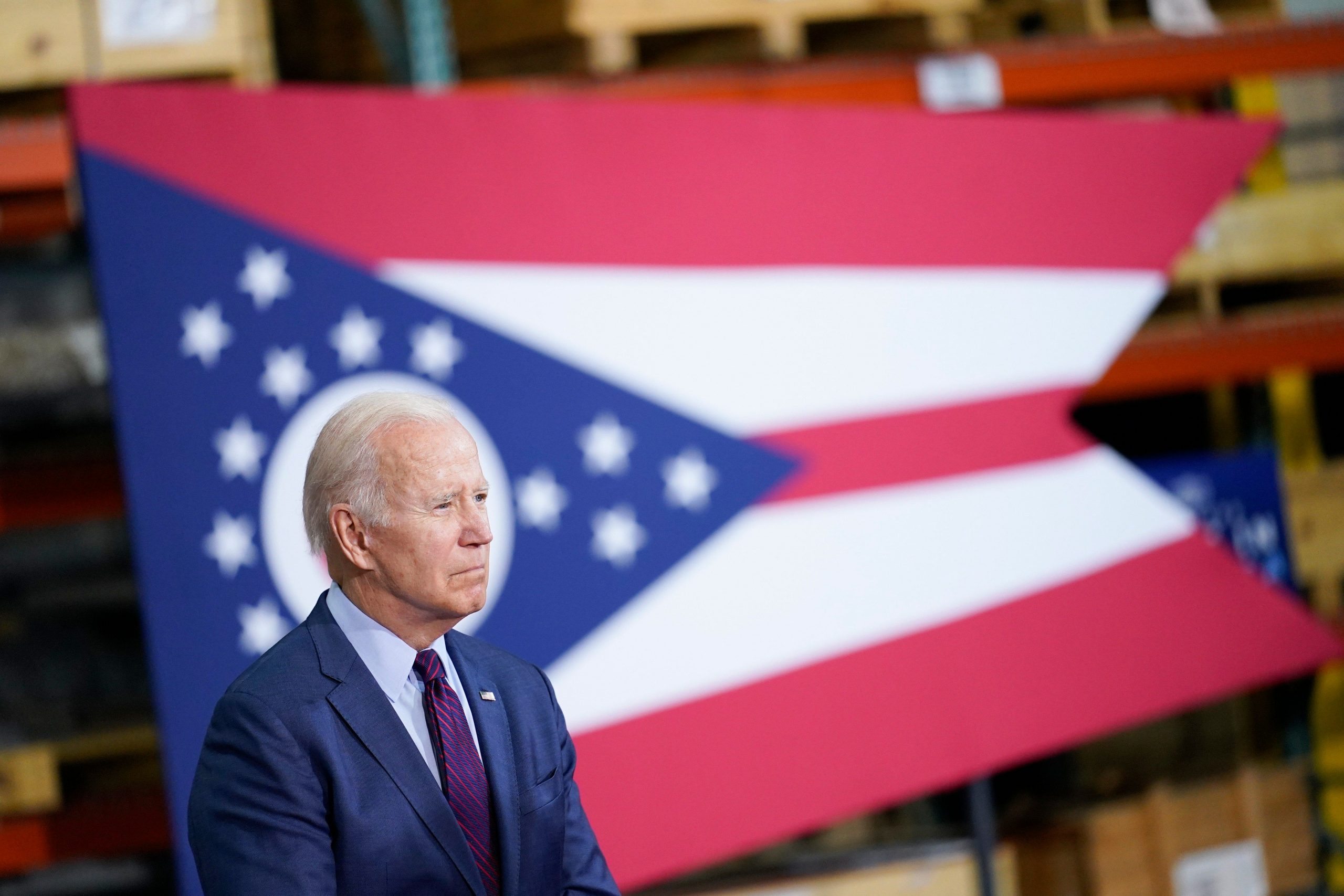Quad, or the
Quadrilateral Security Dialogue, begins on Tuesday, May 24. At a time when
there is war in Europe and hunger and economic crisis in south Asia, a meeting
of the leaders of India, Japan, Australia and the United States assumes immense
significance. The coalition, formed to counter China’s influence on the
Indo-Pacific, of course, will be under Beijing’s scanner.
China has called
Quad the ‘Asian NATO’, even while Quad leaders say that the mandate of the
alliance ranges beyond the China question. Prior to the first in-person Quad
summit in September last year, Global Times, China’s state media mouthpiece
said in an editorial that the Quad mechanism seeks to split the region and “incite
various forces to oppose China.”
The editorial went
on to say: “The purpose of the Quad mechanism is to ‘encircle China.’ Its
geographic situation gives a sense of comfort to the political elites of the
four countries. It remains vague as to what to be encircled about China. Every
element contains a great deal of imagination. As a result, the agenda of Quad
is rather distorted and full of paranoid extensions, like argots which are ambiguous
but can be understood by conjecture.”
Japan and India
are two nations locked in territorial strife with China. The Senkaku Islands in
East China Sea are claimed by both Japan and China and are a cause of immense
regional tension. United States’ President Joe Biden, in a meeting with
Japanese PM Fumio Kishida, said that the US was committed to ensuring Japan’s
security. For India, there has been continuing tension with China over the
country’s land borders.
Beijing’s
accusation of calling Quad the Asian NATO assumes greater significance amid the
Russia-Ukraine war. The rising influence of the North Atlantic Treaty
Organisation (NATO) in eastern Europe, is among the central reasons for
Vladimir Putin’s aggression in Ukraine. As such, China’s view of Quad as the
Asian NATO has far-reaching geopolitical implications.
When Russia
attacked Ukraine and China remained steadfast in not condemning Moscow’s
actions, Taiwan grew jittery. The semiconductor hub of the world felt that it
too might face Ukraine’s fate. On Monday, US President Joe Biden said that
China does not have the “jurisdiction to take China by force.”
“We agree with the
One-China policy, we signed onto it and all the attendant agreements made from
there. But the idea that it could be taken by force, just taken by force, is
just not – it’s just not appropriate. It will dislocate the entire region and
be another action similar to what happened in Ukraine.”
While China is yet
to make an official statement on Biden’s comment, in a recent call with US
National Security Advisor Jake Sullivan, Yang Jiechi, Beijing’s top diplomat
said, “If the US side insists on playing the Taiwan card and goes further and
further down the wrong road, it will certainly lead to a dangerous situation.”







